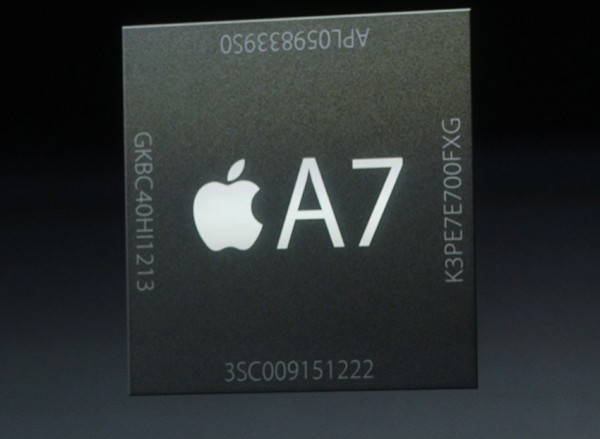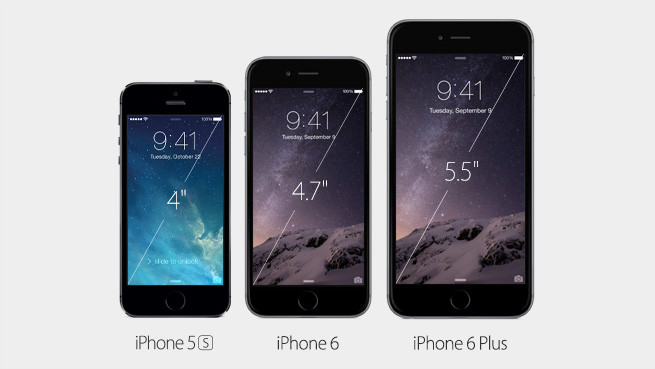Apple's whopping £560m iPhone and iPad patent fine is more than the GDP of Gambia

Apple is set to dip into its piggy bank to pay a potential $862.4m (£560m) fine after it was found to have used technology developed by the University of Wisconsin-Madison in its processors. To put the hefty figure into perspective, consider that it is greater than the GDP of Gambia.
The penalty is the damage courts deem Apple could be liable to pay for violating a patent that improves processor efficiency, used in its A7, A8 and A8X chips. Wisconsin Alumni Research Foundation (WARF) had originally filed the lawsuit against the Cupertino firm back in 2014, however Apple denied any infringement and had been arguing that the university's patent was invalid. The US jury ruled otherwise and has found Apple guilty of infringing the 1998 patent for use in its 2014 iPhone and iPad range.
The technology patent must be hot property as it's not the first time a major company has tried to use it. Warf sued Intel for using the patented tech in 2008 but that matter was settled out of court for an undisclosed (but likely large) fee.
The District Judge, William Conley, has explained the trial will now proceed to work out exactly how much of the $862.4 million Apple will be forced to pay by looking at liability, damages, and whether Apple wilfully infringed the patent – which could result in further penalties.

Apple profits can cover the bill
While the full $862.4m fine might sound like an eye-watering amount, Apple will be able to cover the fee and then some. This year the tech purveyor reported the biggest quarterly profit in the history of any public company with net profits of $18bn (£11.8bn) and it is believed to have $142bn (£93bn) stashed away in the bank - but it's still not good for its shareholders or the company's image.
The financial pain might not stop there, as Warf has also launched another lawsuit against Apple, this time scrutinising the A9 and A9X processors used in the latest iPhone 6s, 6s Plus and iPad Pro.
Apple's woes may continue with a potential tax bill that makes this fine pale in comparison. The ongoing case over whether Apple had paid an effective tax rate of just 2% in Ireland in exchange for jobs in the country could reportedly see a 10-year tax bill of up to $19bn.
Although this latest fine is a whopping amount, it is not the largest in tech history. That title goes to LG, Phillips, Samsung, and Panasonic for a TV price-fixing scandal back in 2012, where a joint fee of £1.2bn had to be paid.
© Copyright IBTimes 2025. All rights reserved.






















